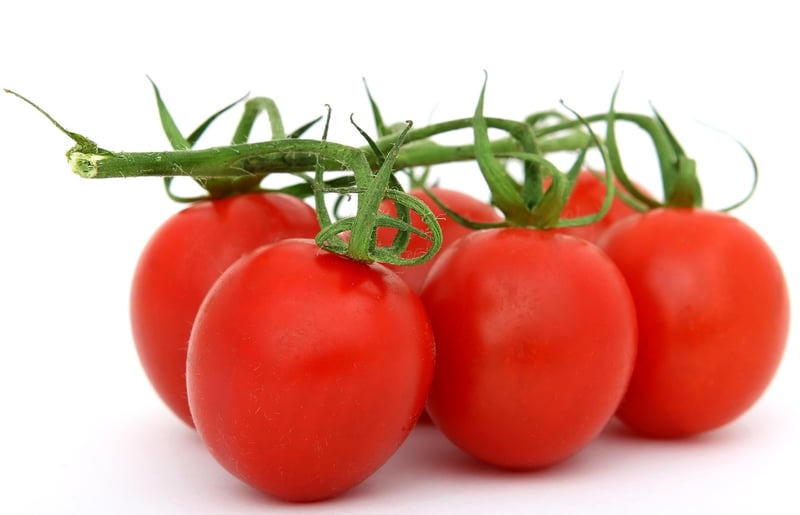Gastronomy Studies
The Science Behind Food and Gastronomy Studies
Food is not just a source of sustenance; it is a complex and fascinating field of study that encompasses various disciplines such as chemistry, biology, nutrition, and even psychology. Gastronomy studies delve deep into the science behind food, exploring its origins, composition, preparation, and cultural significance.
The Multidisciplinary Nature of Gastronomy Studies
Gastronomy studies combine scientific principles with culinary arts to understand the entire food system. It involves examining the chemical reactions that occur during cooking, the nutritional value of different ingredients, and the cultural practices that shape our food preferences.
Exploring Food Chemistry
Food chemistry is a crucial aspect of gastronomy studies. It involves understanding the molecular composition of food and how different components interact during cooking and digestion. For example, the Maillard reaction, which gives browned food its distinct flavor, is a fundamental concept in food chemistry.
The Role of Nutrition in Gastronomy
Nutrition is another key area of focus in gastronomy studies. Understanding the nutritional content of food helps us make informed choices about our diet and overall health. Gastronomists analyze the macronutrients, micronutrients, and bioactive compounds present in various foods to assess their impact on human health.
Cultural Influences on Food
Food is deeply intertwined with culture and society. Gastronomy studies explore how historical events, geographical locations, and social customs influence food habits and culinary traditions. By studying the cultural aspects of food, researchers gain insights into the significance of food beyond mere sustenance.
The Future of Gastronomy Studies
As our understanding of food science continues to evolve, so does the field of gastronomy studies. Researchers are constantly uncovering new insights into the connection between food and health, the environmental impact of food production, and the role of technology in shaping the future of food.
Conclusion
Food is a rich and diverse subject that offers endless opportunities for exploration and discovery. Gastronomy studies allow us to appreciate food not just as a means of survival but as a reflection of our culture, history, and environment.

For more information on food science and gastronomy studies, visit Science of Cooking.
